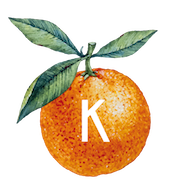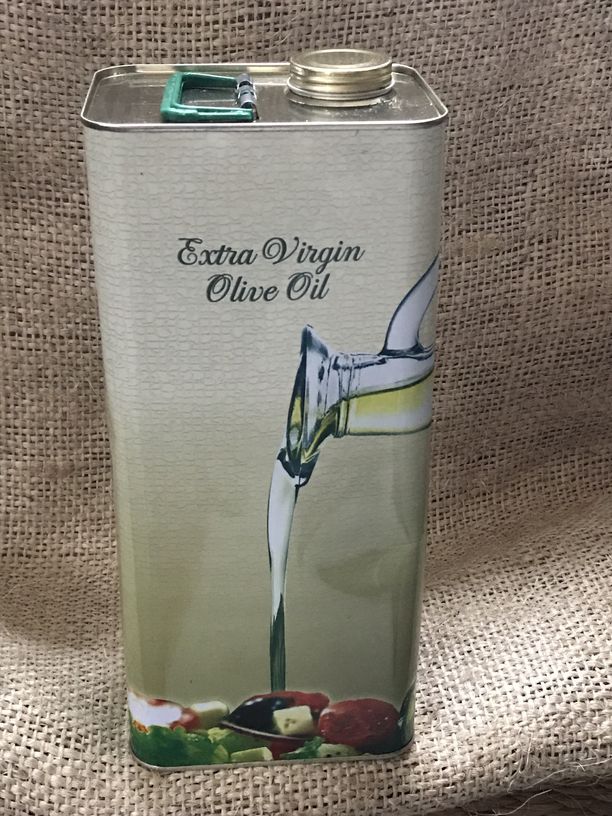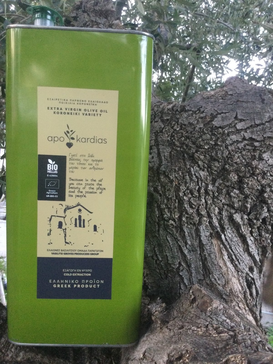Ioannis Gatsinos
“I cultivates Manaki and Koroneiki olives, 1300 trees in total, located in over 15 plots in Athikia. My whole production is pressed into oil, for which I was awarded in 2018 the Olympia Health and Nutrition’s Award Committee, the gold standard of excellence for high phenolic extra virgin olive oil.“
Visit Ioannis on our online gallery!
About Olive oil in general
Olive oil is a liquid fat obtained from olives (the fruit of Olea europaea; family Oleaceae), a traditional tree crop of the Mediterranean Basin, produced by pressing whole olives and extracting the oil. Olive oil is the most common vegetable oil. It is commonly used in cooking, for frying foods or as a salad dressing. It is also used in cosmetics, pharmaceuticals, and soaps, and as a fuel for traditional oil lamps, and has additional uses in some religions. The olive is one of three core food plants in Mediterranean cuisine; the other two are wheat and grapes. Olive trees have been grown around the Mediterranean since the 8th millennium BC.
The top five producers of olive oil by volume are Spain, Morocco, Turkey, Greece, and Italy. However, per capita national consumption is highest in Greece, followed by Spain and Italy.
The composition of olive oil varies with the cultivar, altitude, time of harvest and extraction process. It consists mainly of oleic acid (up to 83%), with smaller amounts of other fatty acids including linoleic acid (up to 21%) and palmitic acid (up to 20%). Extra virgin olive oil is required to have no more than 0.8% free acidity and is considered to have favorable flavor characteristics.
Olive oil is an important cooking oil in countries surrounding the Mediterranean, and it forms one of the three staple food plants of Mediterranean cuisine, the other two being wheat (as in pasta, bread, and couscous) and the grape, used as a dessert fruit and for wine.
Extra virgin olive oil is mostly used as a salad dressing and as an ingredient in salad dressings. It is also used with foods to be eaten cold. If uncompromised by heat, the flavor is stronger. It also can be used for sautéing.
When extra virgin olive oil is heated above 210–216 °C (410–421 °F), depending on its free fatty acid content, the unrefined particles within the oil are burned. This leads to deteriorated taste. Also, most consumers do not like the pronounced taste of extra virgin olive oil for deep fried foods. Refined olive oils are suited for deep frying because of the higher smoke point and milder flavour. Extra virgin oils have a smoke point around 180–215 °C (356–419 °F), with higher-quality oils having a higher smoke point, whereas refined light olive oil has a smoke point up to 230 °C (446 °F). A paper in the Australasian College of Nutritional and Environmental Medicine considered it a “popular myth” that high-quality extra virgin olive oil was a poor choice for cooking, saying that its smoke point is above the temperatures required for cooking, and a greater resistance to oxidation than most other cooking oils, as a result of its antioxidant and mono-unsaturated fat content.
Choosing a cold-pressed olive oil can be similar to selecting a wine. The flavor of these oils varies considerably and a particular oil may be more suited for a particular dish.
Fresh oil, as available in an oil-producing region, tastes noticeably different from the older oils available elsewhere. In time, oils deteriorate and become stale. One-year-old oil may be still pleasant to the taste, but it is less fragrant than fresh oil. After the first year, olive oil is more suitable for cooking than serving raw.
The taste of the olive oil is influenced by the varietals used to produce the oil and by the moment when the olives are harvested and ground (less ripe olives give more bitter and spicy flavors – riper olives give a sweeter sensation in the oil).
Olive oil is also a natural and safe lubricant, and can be used to lubricate kitchen machinery (grinders, blenders, cookware, etc.). It can also be used for illumination (oil lamps) or as the base for soaps and detergents. Some cosmetics also use olive oil as their base, and it can be used as a substitute for machine oil. Olive oil has also been used as both solvent and ligand in the synthesis of cadmium selenide quantum dots.
Check out Kristina’s amazing soaps made with our olive oil in Brussels @ Soapa-Dope !





